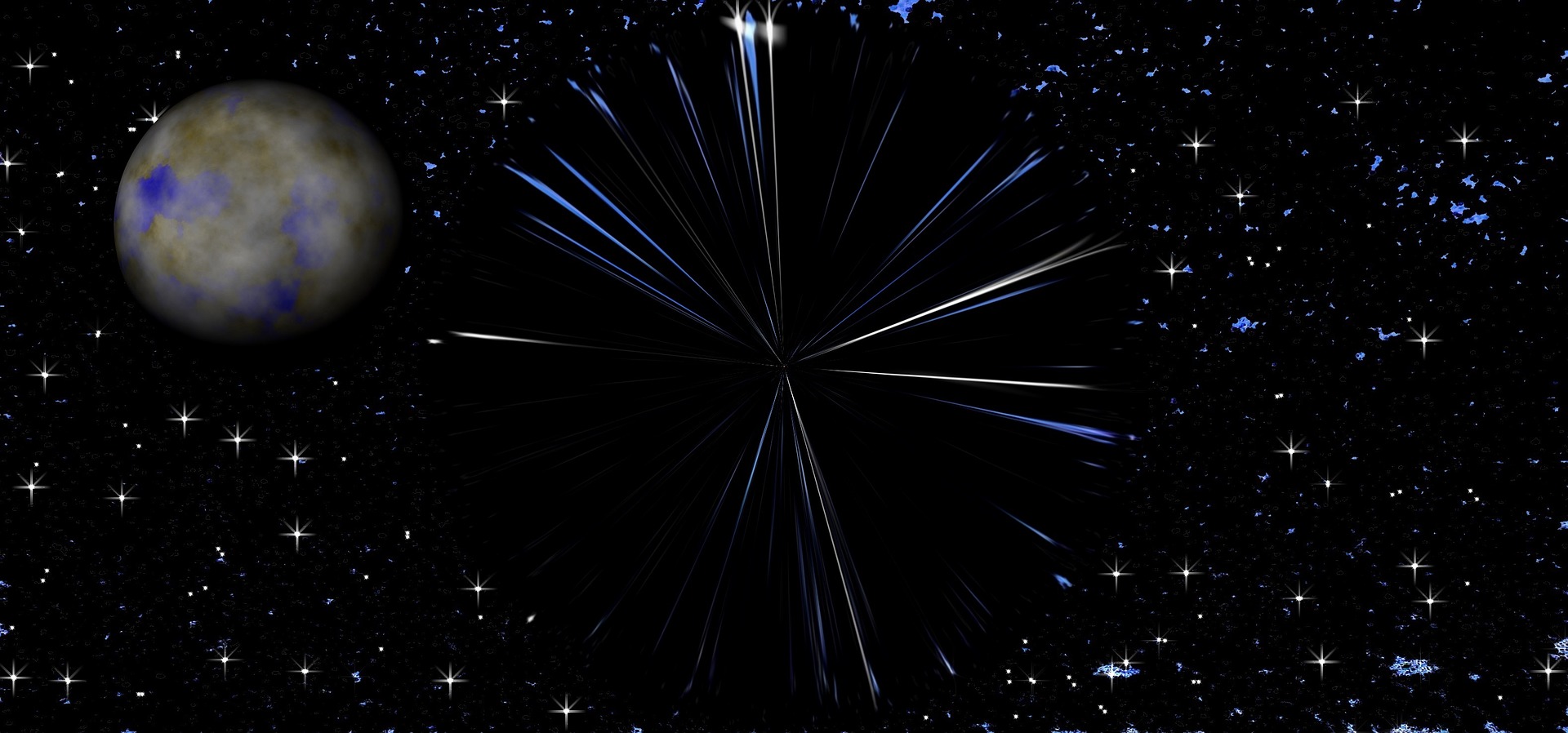 Submitted by Dr. Aadesh Kumar on
Submitted by Dr. Aadesh Kumar on

The Hindu Religion was "pro-scientfic" from the early ages. There are scientific concepts mentioned in the Vedas and Puranas.
Do the Vedas have scientfic legitimacy?
Science deals with matter , behavior of matter and forces that affect matter. There are three basic forces: creative force , destructive force and transforming force. Science deals with these forces. Vedas deal with origin and basic structure of these forces, matter and the entity that studies all this knowledge. Scientific laws are arrived at only after observing their behavior under various conditions. There are no scientific laws before the matter is created . Vedas deal with how everything came into existence. Scientists claim they know everything without knowing fully anythin . The only true scientists so far are Einstein and Newton who only wondered at creation and unravelled the tip of the iceberg. They had a great worshipful attitude towards the Vedas and Bhagavad gita . Newton wondered, " how God converts matter into energy and energy into matter " . Einstein had the photo of Bhagavad gita in his study room, they say. - Raghu Tippur, https://www.quora.com/Do-Vedas-have-any-scientific-legitimacy
Concept of Multi-Verse or MWI:

https://upload.wikimedia.org/wikipedia/commons/3/34/Multiverse_-_level_II.svg
public domain
The Many-Worlds Interpretation (MWI) of quantum mechanics holds that there are many worlds which exist in parallel at the same space and time as our own. The existence of the other worlds makes it possible to remove randomness and action at a distance from quantum theory and thus from all physics.
The concept of multiverses is mentioned many times in Hindu Puranic literature, such as in the Bhagavata Purana.
Every universe is covered by seven layers — earth, water, fire, air, sky, the total energy and false ego — each ten times greater than the previous one. There are innumerable universes besides this one, and although they are unlimitedly large, they move about like atoms in You. Therefore You are called unlimited (Bhagavata Purana 6.16.37)
What am I, a small creature measuring seven spans of my own hand? I am enclosed in a potlike universe composed of material nature, the total material energy, false ego, ether, air, water and earth. And what is Your glory? Unlimited universes pass through the pores of Your body just as particles of dust pass through the openings of a screened window (Bhagavata Purana 10.14.11)
Source: Hindu cosmology - https://en.wikipedia.org/wiki/Hindu_cosmology
Story of Revati and Time Dilation:

Los Angeles County Museum of Art [Public domain]
Revati was the only daughter of King Kakudmi. Feeling that no human could prove to be good enough to marry his lovely and talented daughter, Kakudmi took Revati with him to Brahmaloka (abode of Brahma) to ask the God's advice about finding a suitable husband for Revati. Then, Kakudmi bowed humbly, made his request and presented his shortlist of candidates. Brahma laughed loudly, and explained that time runs differently on different planes of existence, and that during the short time they had waited in Brahmaloka to see him, 27 chatur-yugas had passed on Earth and all the candidates had died long ago. Brahma added that Kakudmi was now alone as his friends, ministers, servants, wives, kinsmen, armies, and treasures had now vanished from Earth and he should soon bestow his daughter to a husband as Kali yuga was near.
Source: Revati - https://en.wikipedia.org/wiki/Revati
Grandiose time scales:
Image: https://upload.wikimedia.org/wikipedia/commons/b/be/Carl_Sagan_Planetary_Society.JPG
public domain
Hindu cosmology involves some very large numbers. Just for example, the age of Earth predicted in Vishnu Purana (ancient Hindu scripture) is 4.32 billion years which is quite close to the current estimate of the age of the Earth - 4.5 billion years.
Carl Sagan was so impressed with such large numbers, the kind of which do not feature in creation myths of other civilizations, that he mentioned it in his Cosmos series:
“It is the only religion in which the time scales correspond, no doubt, by accident, to those of modern scientific cosmology. Its cycles run from our ordinary day and night to a day and night of Brahma 8.64 billion years long. Longer than the age of the earth or the sun and about half of the time since the big bang. And there are much longer time scales still.”
But if you compare the numbers from Hindu cosmology with current estimates from science, it becomes clear how wrong they are. The estimated age of the Universe is 13.7 billion years, whereas according to Hindu cosmology it is 155 trillion years. Even if we ignore that number and take the start of a mahayuga to mean the start of the Universe or the birth of Earth, the age of current mahayuga - 120 million years is nowhere close to either the age of the Earth or the Universe. Of all the numbers listed in Vishnu Purana, just one number - 4.32 billion years - comes close to a number given by science.
Big Bang, Big Crunch hypothesis and endless cycle of destruction and creation of universe in Hindu Cosmology:

Image by WikiImages on http://Pixabay.com
Big Crunch: The Big Crunch is one possible scenario for the ultimate fate of the universe, in which the metric expansion of space eventually reverses and the universe re-collapses, ultimately ending as a black hole singularity or causing a reformation of the universe starting with another big bang.
Hinduism is the only religion that propounds the idea of life-cycles of the universe. It suggests that the universe undergoes an infinite number of deaths and rebirths.
Reference: https://pixabay.com/photos/solar-system-big-bang-11188/
Deepankar Sharma
- 550 reads